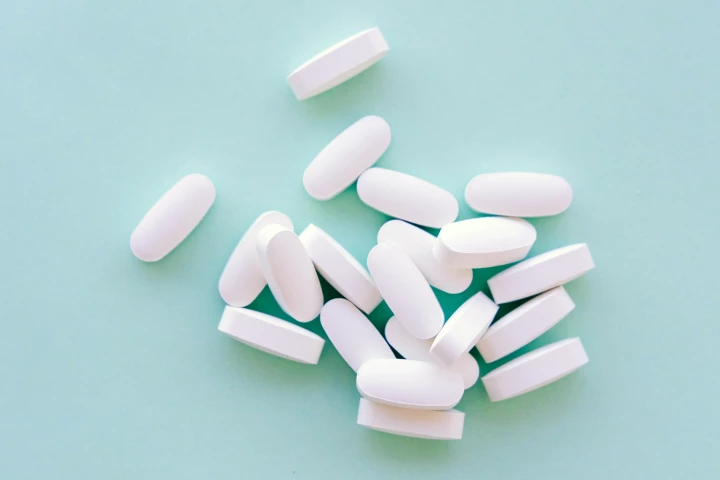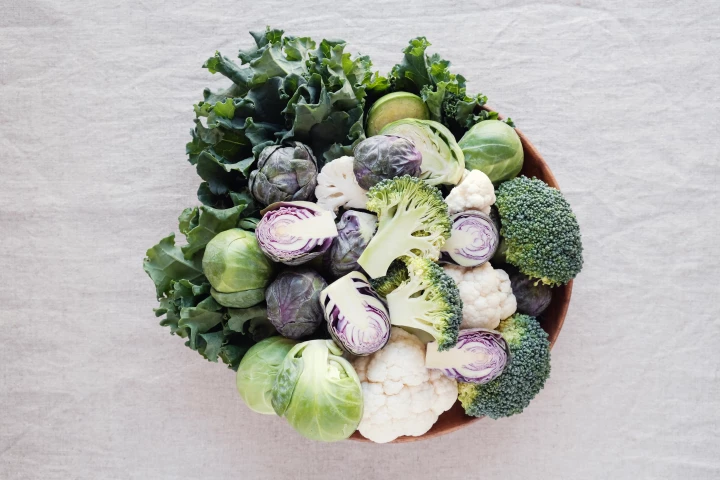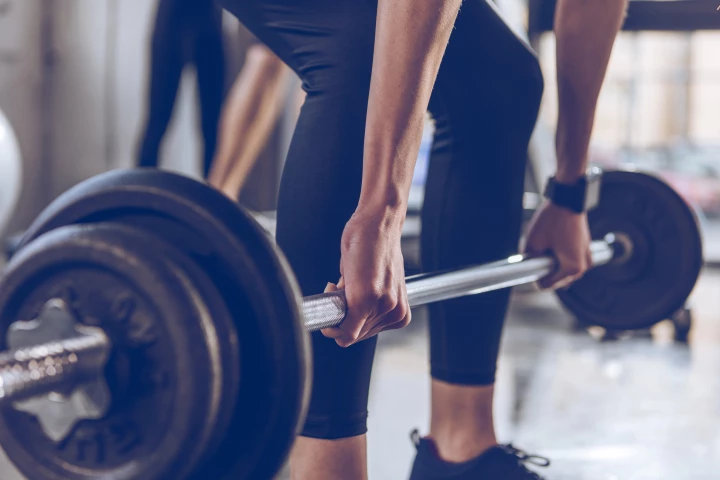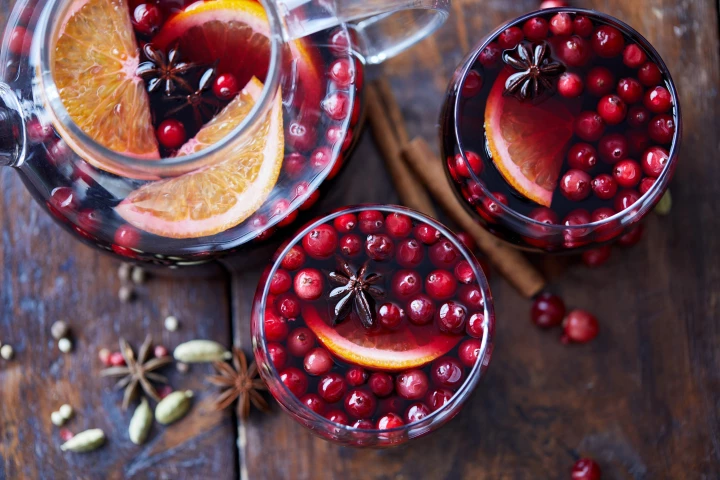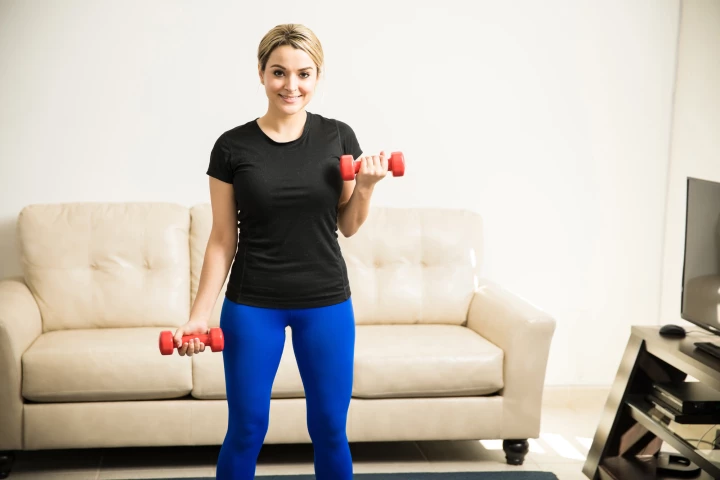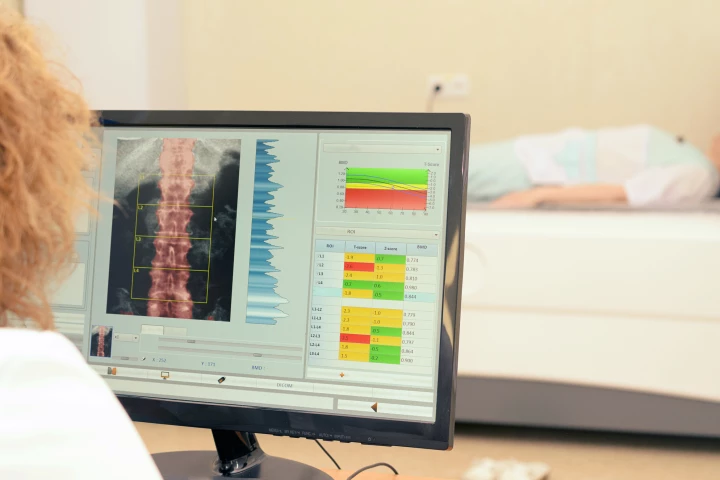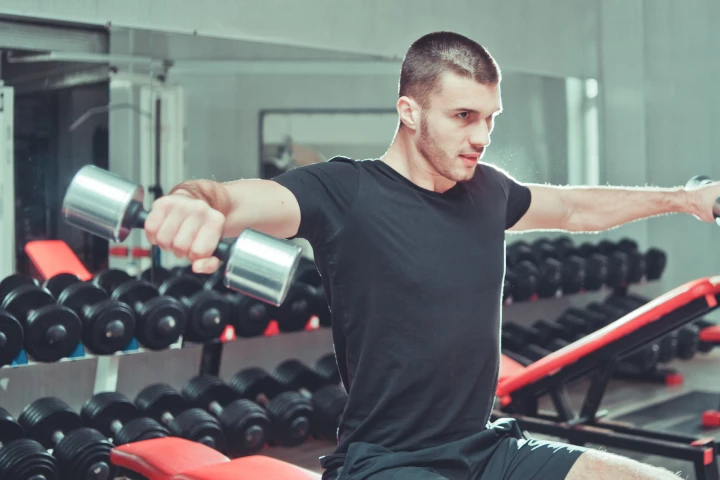Edith Cowan University
-
Your next favorite true crime podcast might have some new forensics jargon to make sense of. Researchers in Australia have developed a new way to identify humans – similar to how we do with DNA – that could come in handy while investigating crimes.
-
A large study has found that calcium supplements, long recommended for bone health, particularly in older women, don’t increase dementia risk, offering reassurance for the millions who take them to protect against osteoporosis.
-
There's new evidence that cruciferous vegetables blunt spikes in blood sugar levels, which could be particularly important for those with type 2 diabetes or are at risk of developing it. And you only need a handful a day to reap the health benefits.
-
We know by now that exercise is good for the body and mind at any age, but new research has found that your workouts may be benefiting a less obvious area: Inside your gut. It's yet another sign that the gut microbiome is central to overall health.
-
Eating one extra serving of leafy greens a day could help protect your heart, according to a new long-term study that found that a higher intake of vitamin K1, found in spinach, kale and broccoli, was linked to a lower risk of dying from heart disease.
-
Consuming a diet high in berries, black tea, citrus fruits and apples – foods that are rich in flavonoids – can reduce the signs of unhealthy aging, according to a new study. It highlights how simple dietary changes can optimize health.
-
Consuming an extra six serves of foods and drinks high in flavonoids – such as berries, tea, dark chocolate and, yes, red wine – could safeguard your brain in older age, with researchers finding a link between this plant component and dementia risk.
-
Some kinds of vegetables lower high blood pressure much better than others, according to a new study. The researchers say that the reduction could translate to a 5% reduced risk of major heart events and encourage everyone to eat more greens.
-
Researchers who previously found that exercising for just three seconds a day, five days a week, improved muscle strength have undertaken a new study to determine the minimum number of days of three-second exercise you need to do to see benefits.
-
Researchers have used machine learning to assess bone density scans for calcification in the aorta, the body’s main artery. They say their method could be used to predict future cardiovascular and other disease, even before symptoms appear.
-
When you think of boxing, you probably don’t think of it helping slow the progression of neurodegenerative diseases. But a new study has shown that boxing may be of benefit to those with Parkinson’s Disease.
-
Exercise obviously has a wide range of health benefits, and that doesn’t stop when you get cancer. A new study shows that a single workout produces anti-cancer proteins that significantly slow tumor growth in patients with advanced prostate cancer.
Load More

